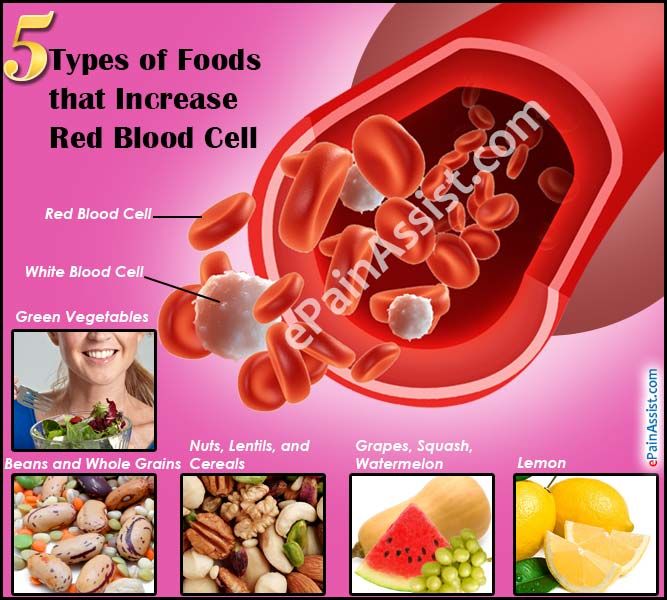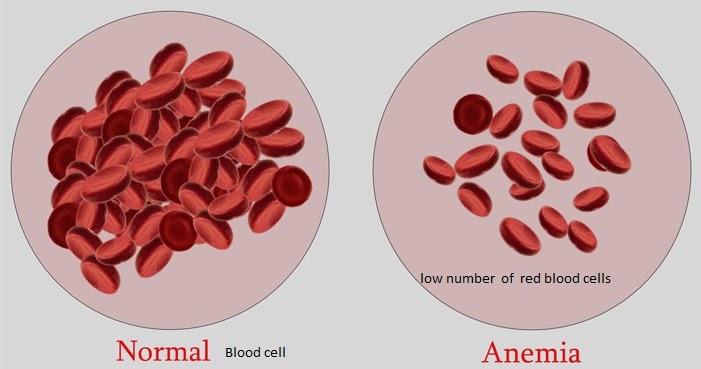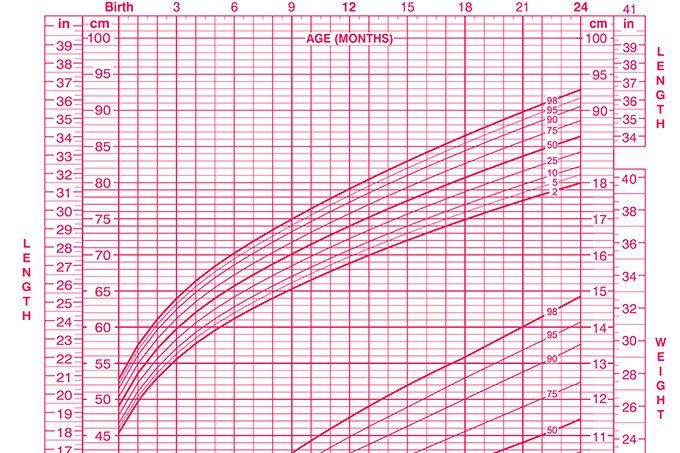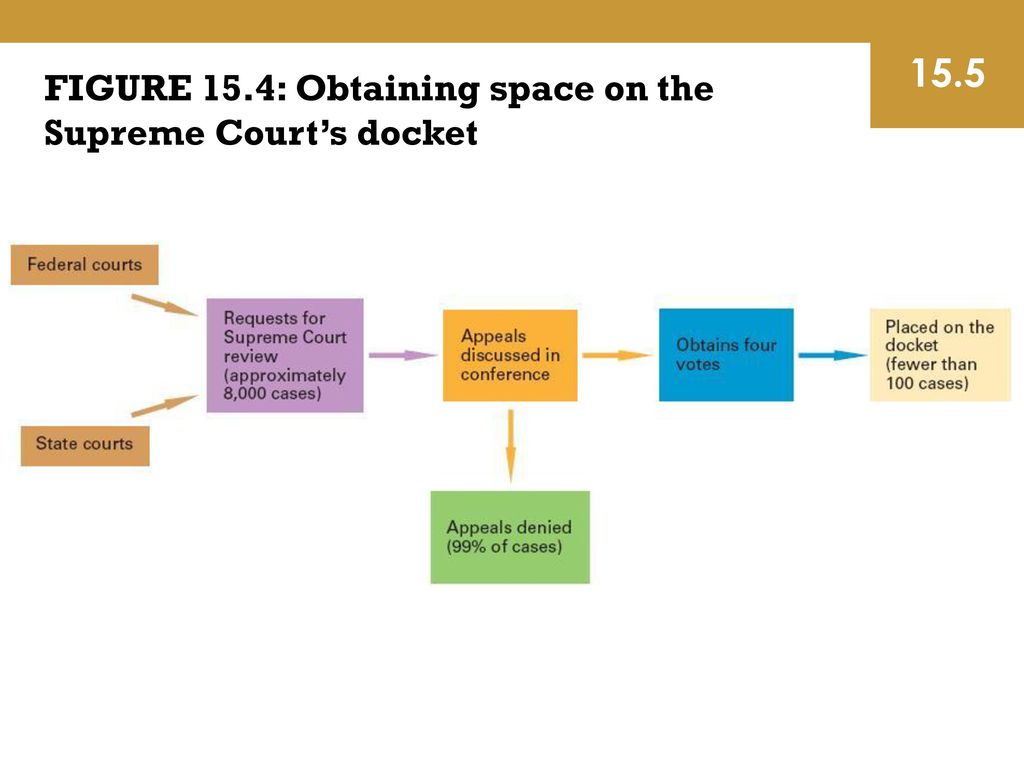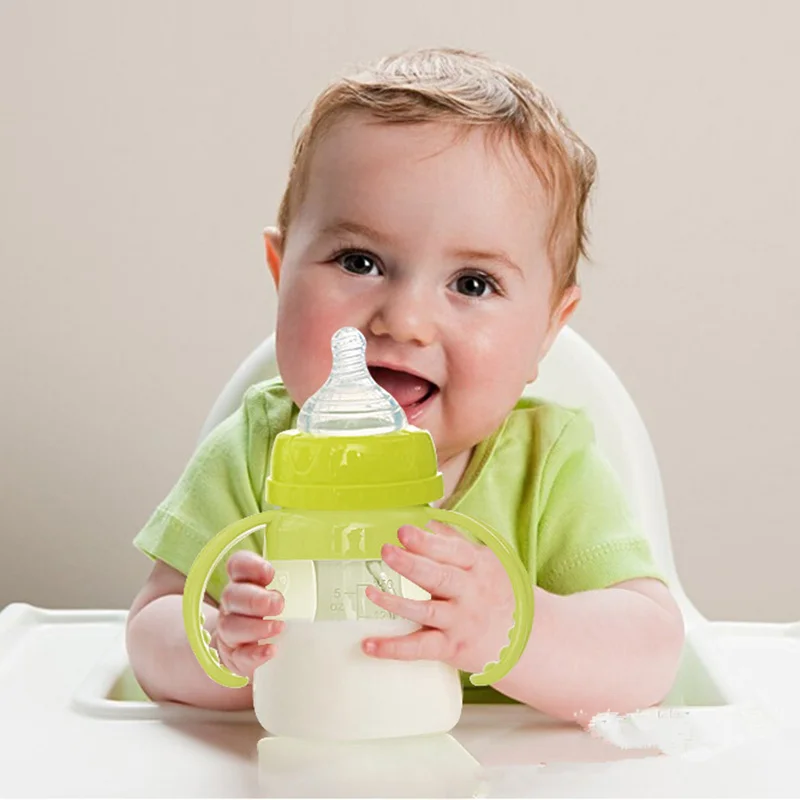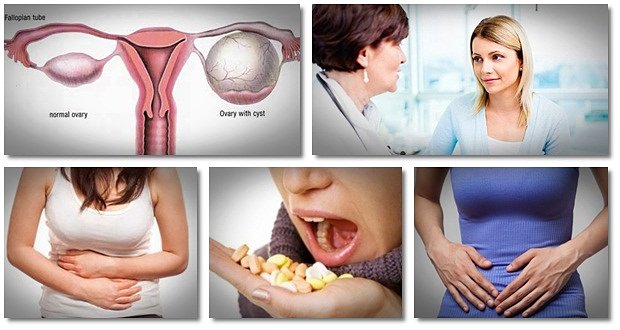Low red blood cell count during pregnancy
Anemia During Pregnancy: Symptoms, Risks & Prevention
Overview
What is anemia during pregnancy?
Anemia is when you don’t have enough red blood cells to carry oxygen throughout your body. When your body doesn’t get enough oxygen from your blood, it can’t function properly. A person who has anemia during pregnancy is considered anemic.
The red blood cells (RBCs) contain an important protein called hemoglobin. This protein holds oxygen and helps your red blood cells carry oxygen from your lungs to your body. It also helps carry carbon dioxide from your body to your lungs so you can breathe it out.
To produce RBCs and hemoglobin, your body needs a consistent supply of iron and vitamins. Without that supply, your body won’t produce enough hemoglobin to properly carry oxygen to your organs. It’s common for women to become anemic during pregnancy because they don’t have enough iron and other vitamins.
What are the types of anemia affecting pregnant women?
There are more than 400 types of anemia. Some are more common during pregnancy, including:
- Iron-deficiency anemia, from a lack of iron.
- Folate-deficiency anemia, from a lack of folic acid.
- Vitamin B12 deficiency anemia, from a lack of vitamin B12.
Who is most likely to have anemia during pregnancy?
Throughout pregnancy, the amount of blood in your body increases by 20% to 30%. That means your body needs more iron for more red blood cells. You may be at higher risk for anemia during pregnancy if you are:
- Pregnant with multiples.
- Not consuming enough iron.
- Having back-to-back pregnancies with minimal time between.
- Experiencing a heavy menstrual flow before pregnancy.
- Vomiting often because of morning sickness.
Is it normal to be anemic during pregnancy?
Yes. Because blood volume increases during pregnancy, mild anemia is normal. Iron deficiency is common in pregnancy, with up to 52% of pregnant women in developing countries not getting enough iron.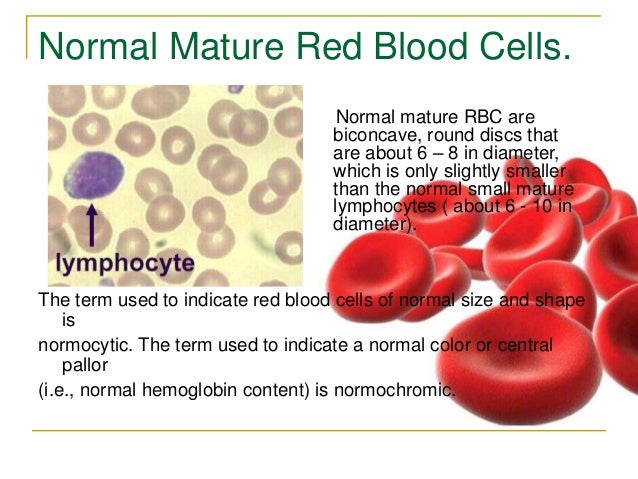 Severe anemia is not typical.
Severe anemia is not typical.
Both mild and severe anemia, however, require treatment to protect your and your baby’s health.
How does anemia affect the baby during pregnancy?
Your unborn baby relies on you to get enough iron, vitamin B12 and folic acid. Anemia can affect the growth of your baby, especially during the first trimester.
If anemia goes untreated, your baby is at higher risk of having anemia after birth, which can lead to developmental problems. Also, anemia increases the risk of delivering your baby early and having a low-weight baby.
Can anemia during pregnancy cause miscarriage?
No. Anemia during pregnancy doesn’t directly cause miscarriage, but severe anemia can cause pregnancy complications.
Symptoms and Causes
What causes anemia during pregnancy?
Pregnancy itself is a cause of anemia because of the increase in blood volume. Other causes of anemia during pregnancy include not consuming enough iron, vitamin B12 or folic acid.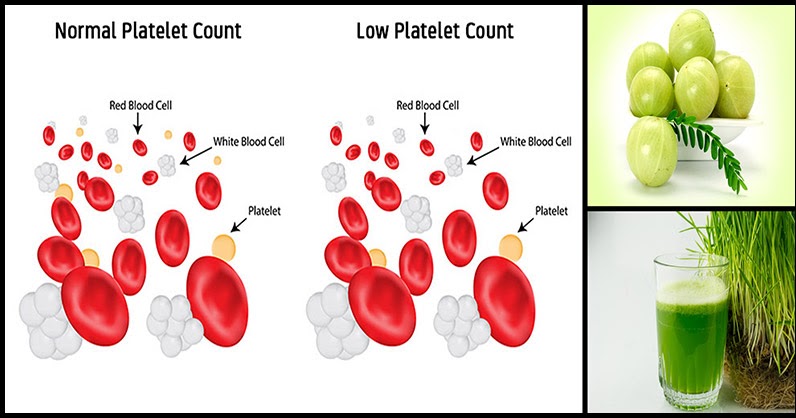
Other causes of anemia that occur in nonpregnant people can also cause anemia during pregnancy:
- Certain diseases, including sickle cell anemia and thalassemia.
- Donating blood.
- Heavy menstrual flow (before pregnancy).
- Ulcers and polyps.
What are the symptoms of anemia during pregnancy?
You may not notice any symptoms of mild anemia at first. Over time, you may feel:
- Fatigue.
- Cold.
- Shortness of breath.
Other symptoms include:
- Dizziness or weakness.
- Fast heartbeat.
- Headache.
- Pale, dry or easily bruised skin.
- Sore tongue.
- Unintended movement in the lower leg (restless legs syndrome).
Diagnosis and Tests
How is anemia during pregnancy diagnosed?
A blood test called a complete blood count (CBC) can diagnose anemia. This blood test is often done at one of your first prenatal appointments.
Your healthcare provider uses the CBC to analyze:
- How many red blood cells you have, their size and shape (which can indicate certain conditions like sickle cell anemia).
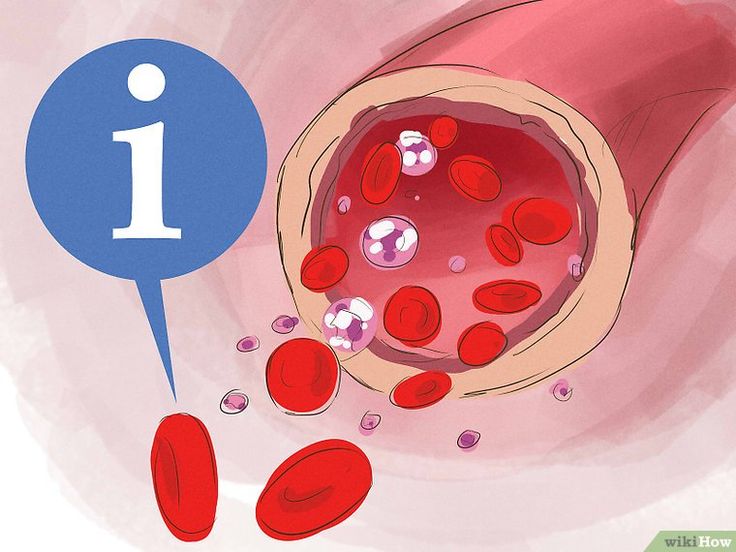
- How much iron your body has stored.
- If you are low in vitamins B12 and B9.
What is considered severe anemia during pregnancy?
Severe anemia is when results of the CBC show hemoglobin that’s 6.5 to 7.9 grams per deciliter (g/dL). If your results show you have severe anemia, your provider may do a blood transfusion, most likely in an outpatient setting. A blood transfusion will give you a healthy amount of red blood cells.
Management and Treatment
How is anemia treated in pregnancy?
Treatment for anemia during pregnancy depends on the severity. If you have:
- Mild to moderate anemia: Your provider will usually treat it with a daily prenatal vitamin or iron supplement. This gives your body healthy amounts of iron, vitamin B12 and folic acid.
- Severe anemia: You may need a blood transfusion.
How can I treat anemia at home while pregnant?
The best way to treat the most common types of anemia is to make sure you’re getting enough iron, B12 and folic acid.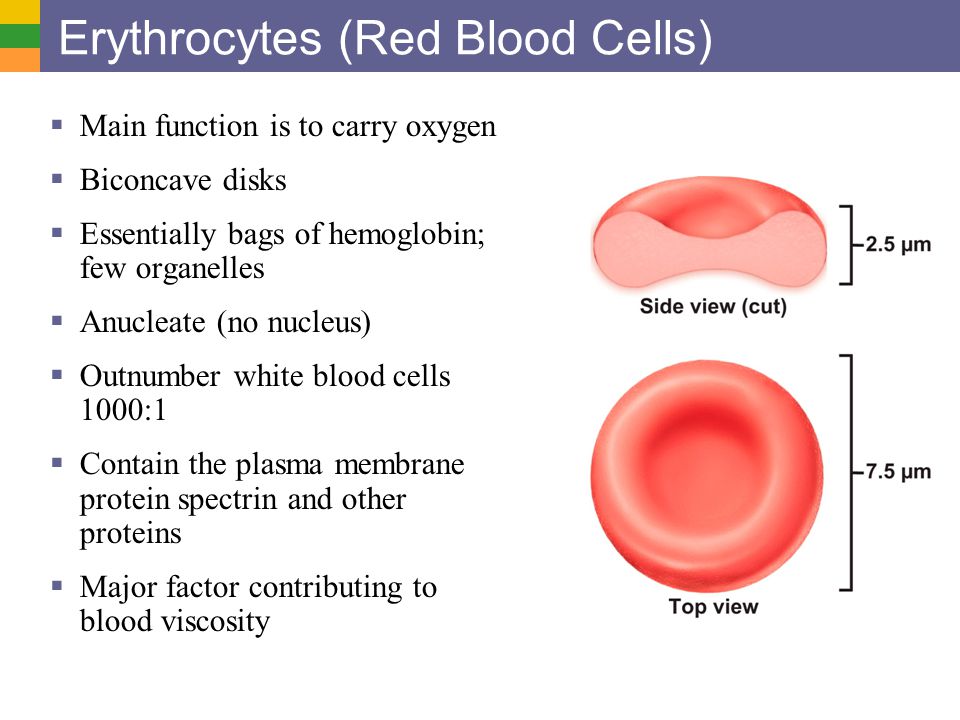 Take a prenatal vitamin every day. Talk to your healthcare provider about which prenatal vitamin they recommend.
Take a prenatal vitamin every day. Talk to your healthcare provider about which prenatal vitamin they recommend.
Diet changes can help, too. Eat more foods that are high in iron like spinach, lean beef and turkey. Foods that are high in vitamins that help your body absorb iron (like vitamin C) are important as well, including citrus fruits, tomatoes and peppers.
How soon after treatment for anemia during pregnancy will I notice a change?
If you have iron-deficiency, B12-deficiency or folate-deficiency anemia, you should begin to feel better within a few days of taking a supplement. If you don’t notice a change, talk to your provider.
What does untreated anemia do to the body?
Untreated anemia can get worse over time. Having too little oxygen in the blood can damage your organs. It also forces the heart to work harder, increasing the risk of:
- Arrhythmia (irregular heartbeat).
- Enlarged heart.
- Heart failure.
Prevention
How can I prevent anemia during pregnancy?
The best thing you can do for anemia prevention is to eat at least 30 milligrams (three servings) of iron each day.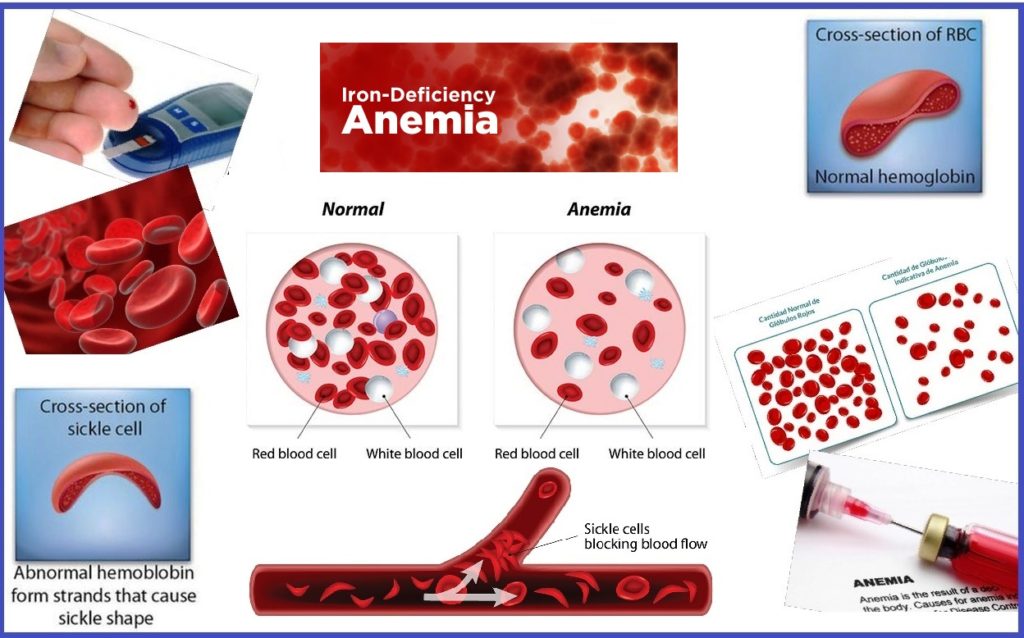 If you can’t get that much iron in your diet, talk to your provider about taking an iron supplement.
If you can’t get that much iron in your diet, talk to your provider about taking an iron supplement.
You should also take a prenatal vitamin daily. If possible, you should start taking prenatal vitamins before you get pregnant. Some prenatal vitamins don’t have enough iron in them. So, talk to your healthcare provider to determine which type of prenatal vitamin is best for you.
Keep in mind that you can do all the right things and still get mild anemia during pregnancy. That’s because of the natural increase in blood volume. If you feel tired, dizzy or have any other symptoms, talk to your provider.
Outlook / Prognosis
What is the outlook for someone with anemia during pregnancy?
If treated, the outlook for someone with anemia during pregnancy is very good. You can easily treat this condition with supplements and minor diet adjustments. After you give birth, your blood volume and plasma levels should go back to normal.
Living With
When should I worry about anemia during pregnancy?
Talk to your provider if you experience signs of anemia:
- Dizziness.

- Headaches.
- Fast heartbeat.
- Pale skin.
- Sore tongue.
- Unintended movement in your lower legs.
If you’re worried, ask your provider about testing for anemia and what you can do to maintain healthy red blood cell levels throughout your pregnancy.
How do I take care of myself when I have anemia during pregnancy?
The best way to care for yourself when you have anemia is to try and eat a healthy, iron-rich diet. Get plenty of rest and drink lots of fluids. Take a prenatal vitamin and/or iron supplement. Talk to your provider about the best supplement for you.
A note from Cleveland Clinic
You may be slightly anemic during pregnancy because blood volume increases by 20% to 30%. Keeping your diet rich in iron, vitamin C and B vitamins helps correct and prevent anemia. Taking a daily prenatal vitamin can help, too. Talk to your provider about your risk of anemia during pregnancy and any concerns you may have.
Anemia During Pregnancy: Symptoms, Risks & Prevention
Overview
What is anemia during pregnancy?
Anemia is when you don’t have enough red blood cells to carry oxygen throughout your body. When your body doesn’t get enough oxygen from your blood, it can’t function properly. A person who has anemia during pregnancy is considered anemic.
The red blood cells (RBCs) contain an important protein called hemoglobin. This protein holds oxygen and helps your red blood cells carry oxygen from your lungs to your body. It also helps carry carbon dioxide from your body to your lungs so you can breathe it out.
To produce RBCs and hemoglobin, your body needs a consistent supply of iron and vitamins. Without that supply, your body won’t produce enough hemoglobin to properly carry oxygen to your organs. It’s common for women to become anemic during pregnancy because they don’t have enough iron and other vitamins.
What are the types of anemia affecting pregnant women?
There are more than 400 types of anemia.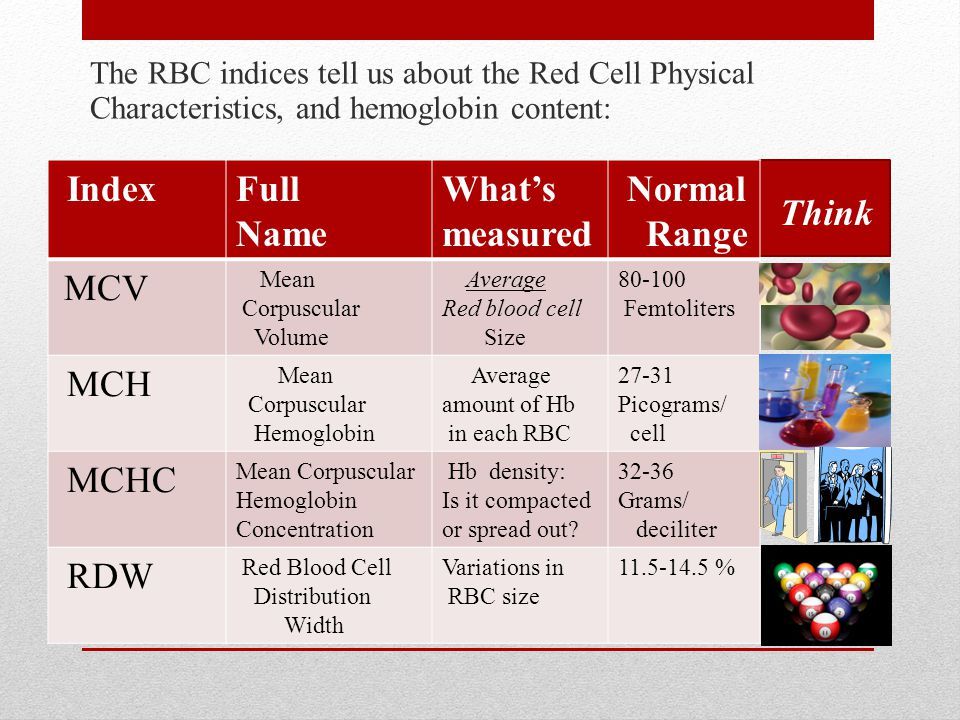 Some are more common during pregnancy, including:
Some are more common during pregnancy, including:
- Iron-deficiency anemia, from a lack of iron.
- Folate-deficiency anemia, from a lack of folic acid.
- Vitamin B12 deficiency anemia, from a lack of vitamin B12.
Who is most likely to have anemia during pregnancy?
Throughout pregnancy, the amount of blood in your body increases by 20% to 30%. That means your body needs more iron for more red blood cells. You may be at higher risk for anemia during pregnancy if you are:
- Pregnant with multiples.
- Not consuming enough iron.
- Having back-to-back pregnancies with minimal time between.
- Experiencing a heavy menstrual flow before pregnancy.
- Vomiting often because of morning sickness.
Is it normal to be anemic during pregnancy?
Yes. Because blood volume increases during pregnancy, mild anemia is normal. Iron deficiency is common in pregnancy, with up to 52% of pregnant women in developing countries not getting enough iron.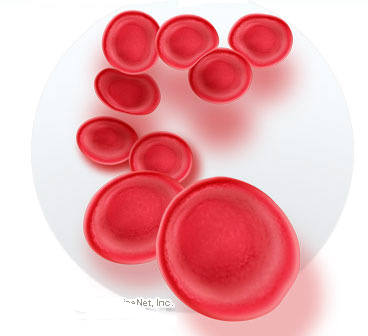 Severe anemia is not typical.
Severe anemia is not typical.
Both mild and severe anemia, however, require treatment to protect your and your baby’s health.
How does anemia affect the baby during pregnancy?
Your unborn baby relies on you to get enough iron, vitamin B12 and folic acid. Anemia can affect the growth of your baby, especially during the first trimester.
If anemia goes untreated, your baby is at higher risk of having anemia after birth, which can lead to developmental problems. Also, anemia increases the risk of delivering your baby early and having a low-weight baby.
Can anemia during pregnancy cause miscarriage?
No. Anemia during pregnancy doesn’t directly cause miscarriage, but severe anemia can cause pregnancy complications.
Symptoms and Causes
What causes anemia during pregnancy?
Pregnancy itself is a cause of anemia because of the increase in blood volume. Other causes of anemia during pregnancy include not consuming enough iron, vitamin B12 or folic acid.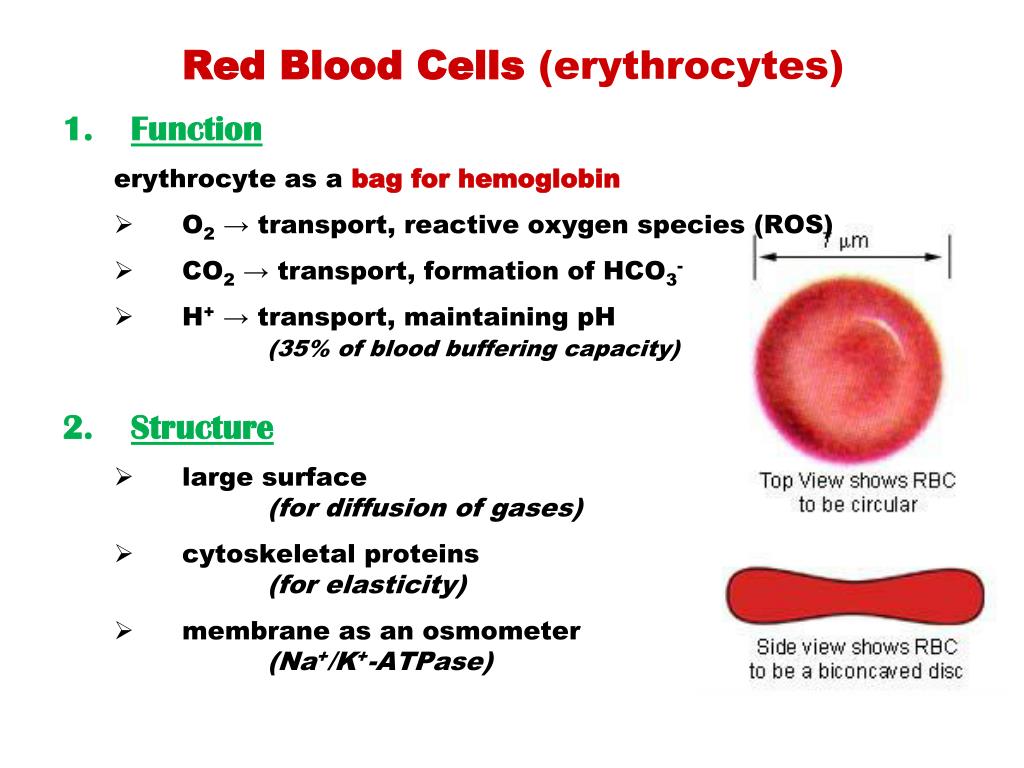
Other causes of anemia that occur in nonpregnant people can also cause anemia during pregnancy:
- Certain diseases, including sickle cell anemia and thalassemia.
- Donating blood.
- Heavy menstrual flow (before pregnancy).
- Ulcers and polyps.
What are the symptoms of anemia during pregnancy?
You may not notice any symptoms of mild anemia at first. Over time, you may feel:
- Fatigue.
- Cold.
- Shortness of breath.
Other symptoms include:
- Dizziness or weakness.
- Fast heartbeat.
- Headache.
- Pale, dry or easily bruised skin.
- Sore tongue.
- Unintended movement in the lower leg (restless legs syndrome).
Diagnosis and Tests
How is anemia during pregnancy diagnosed?
A blood test called a complete blood count (CBC) can diagnose anemia. This blood test is often done at one of your first prenatal appointments.
Your healthcare provider uses the CBC to analyze:
- How many red blood cells you have, their size and shape (which can indicate certain conditions like sickle cell anemia).
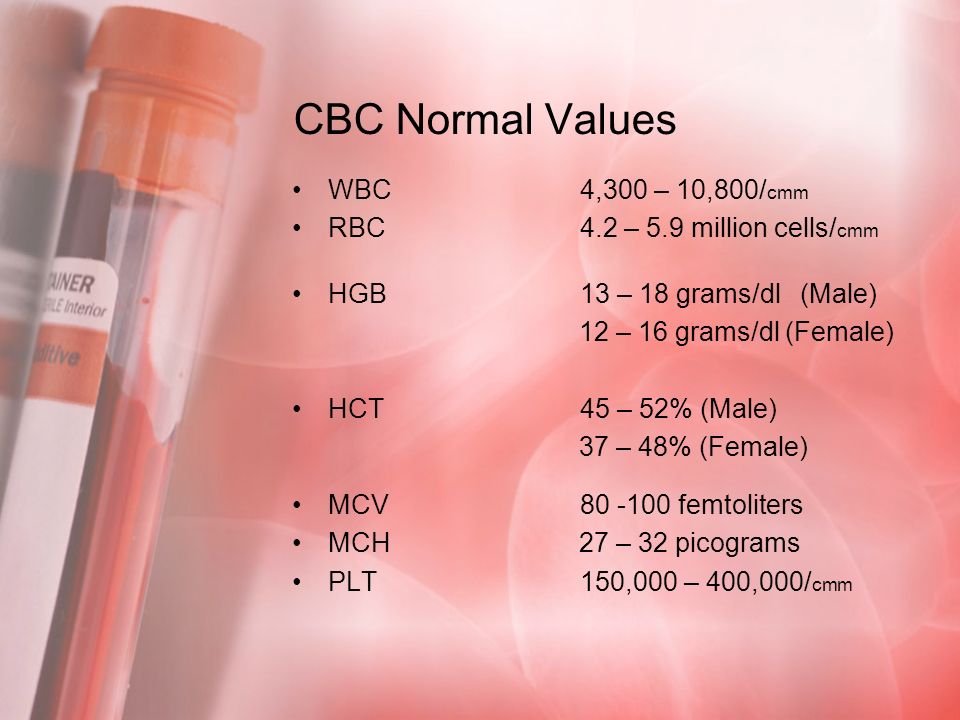
- How much iron your body has stored.
- If you are low in vitamins B12 and B9.
What is considered severe anemia during pregnancy?
Severe anemia is when results of the CBC show hemoglobin that’s 6.5 to 7.9 grams per deciliter (g/dL). If your results show you have severe anemia, your provider may do a blood transfusion, most likely in an outpatient setting. A blood transfusion will give you a healthy amount of red blood cells.
Management and Treatment
How is anemia treated in pregnancy?
Treatment for anemia during pregnancy depends on the severity. If you have:
- Mild to moderate anemia: Your provider will usually treat it with a daily prenatal vitamin or iron supplement. This gives your body healthy amounts of iron, vitamin B12 and folic acid.
- Severe anemia: You may need a blood transfusion.
How can I treat anemia at home while pregnant?
The best way to treat the most common types of anemia is to make sure you’re getting enough iron, B12 and folic acid.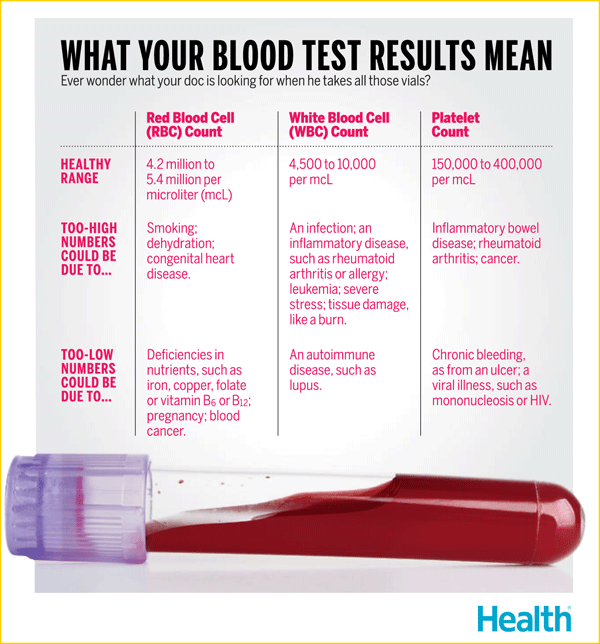 Take a prenatal vitamin every day. Talk to your healthcare provider about which prenatal vitamin they recommend.
Take a prenatal vitamin every day. Talk to your healthcare provider about which prenatal vitamin they recommend.
Diet changes can help, too. Eat more foods that are high in iron like spinach, lean beef and turkey. Foods that are high in vitamins that help your body absorb iron (like vitamin C) are important as well, including citrus fruits, tomatoes and peppers.
How soon after treatment for anemia during pregnancy will I notice a change?
If you have iron-deficiency, B12-deficiency or folate-deficiency anemia, you should begin to feel better within a few days of taking a supplement. If you don’t notice a change, talk to your provider.
What does untreated anemia do to the body?
Untreated anemia can get worse over time. Having too little oxygen in the blood can damage your organs. It also forces the heart to work harder, increasing the risk of:
- Arrhythmia (irregular heartbeat).
- Enlarged heart.
- Heart failure.
Prevention
How can I prevent anemia during pregnancy?
The best thing you can do for anemia prevention is to eat at least 30 milligrams (three servings) of iron each day. If you can’t get that much iron in your diet, talk to your provider about taking an iron supplement.
If you can’t get that much iron in your diet, talk to your provider about taking an iron supplement.
You should also take a prenatal vitamin daily. If possible, you should start taking prenatal vitamins before you get pregnant. Some prenatal vitamins don’t have enough iron in them. So, talk to your healthcare provider to determine which type of prenatal vitamin is best for you.
Keep in mind that you can do all the right things and still get mild anemia during pregnancy. That’s because of the natural increase in blood volume. If you feel tired, dizzy or have any other symptoms, talk to your provider.
Outlook / Prognosis
What is the outlook for someone with anemia during pregnancy?
If treated, the outlook for someone with anemia during pregnancy is very good. You can easily treat this condition with supplements and minor diet adjustments. After you give birth, your blood volume and plasma levels should go back to normal.
Living With
When should I worry about anemia during pregnancy?
Talk to your provider if you experience signs of anemia:
- Dizziness.

- Headaches.
- Fast heartbeat.
- Pale skin.
- Sore tongue.
- Unintended movement in your lower legs.
If you’re worried, ask your provider about testing for anemia and what you can do to maintain healthy red blood cell levels throughout your pregnancy.
How do I take care of myself when I have anemia during pregnancy?
The best way to care for yourself when you have anemia is to try and eat a healthy, iron-rich diet. Get plenty of rest and drink lots of fluids. Take a prenatal vitamin and/or iron supplement. Talk to your provider about the best supplement for you.
A note from Cleveland Clinic
You may be slightly anemic during pregnancy because blood volume increases by 20% to 30%. Keeping your diet rich in iron, vitamin C and B vitamins helps correct and prevent anemia. Taking a daily prenatal vitamin can help, too. Talk to your provider about your risk of anemia during pregnancy and any concerns you may have.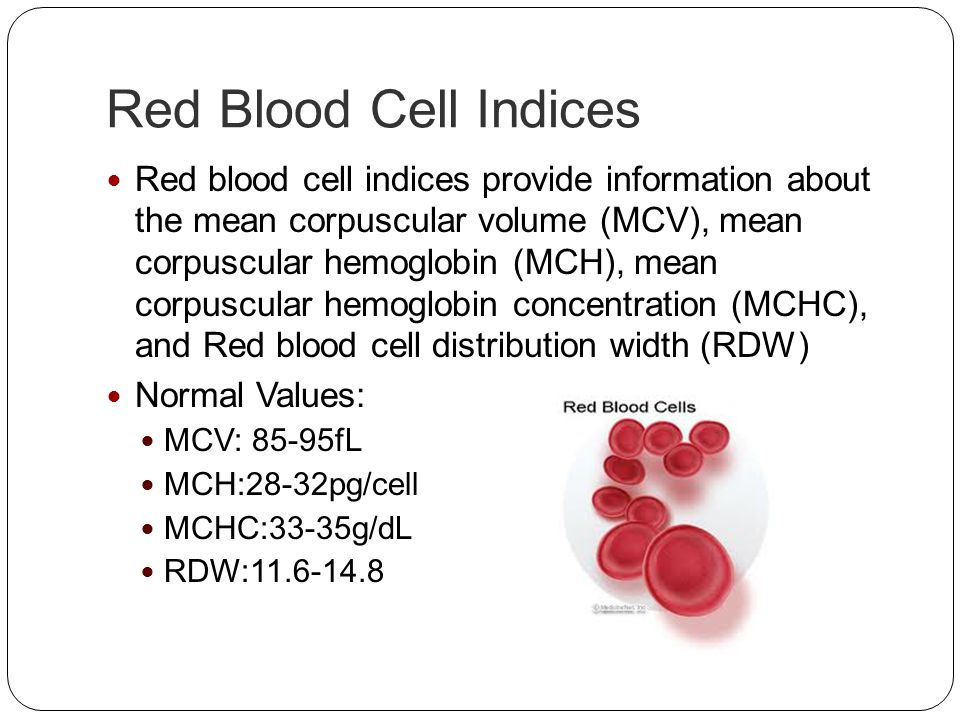
Anemia during pregnancy - iron arguments and dispelling myths
Anemia is one of the most common complications that occur during pregnancy. In Russia, this diagnosis is made to every third pregnant woman. However, not everyone, faced with this diagnosis, understands what is at stake and what needs to be done in order for the treatment to be as effective as possible.
Anemia is a disease in which the level of hemoglobin in the blood decreases, often with a simultaneous decrease in the number of red blood cells. The main reason for the development of anemia is the discrepancy between the intake of iron in the body and its costs.
During pregnancy, the cost of the growing fetus causes a significant increase in iron requirements. In addition, a less common but possible cause of anemia may be insufficient intake of folic acid or vitamin B12.
Risk factors for developing iron deficiency anemia during pregnancy include:
- history of heavy menses;
- diseases of the gastrointestinal tract;
- infectious and inflammatory diseases;
- anemia in the past;
- short interval between pregnancies, including conception during lactation;
- multiple pregnancy.
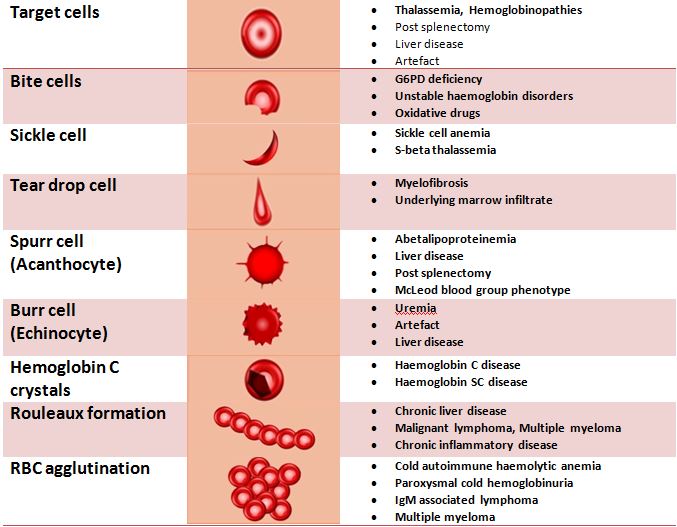
Since the main task of hemoglobin is to deliver oxygen - a vital element - to all tissues and cells of a woman and fetus, it is easy to imagine the harm caused by its decrease during pregnancy. However, even after childbirth, the issue cannot be considered closed. It has been proven that a low level of hemoglobin is associated with a decrease in lactation, as well as with the development of anemia in a child.
Iron deficiency anemia is manifested by weakness, dizziness, pathological fatigue, perverted perception of tastes and smells, heart palpitations, shortness of breath, headache, fainting. The skin becomes dry and pale, and the hair and nails brittle.
The diagnosis of anemia is made based on the assessment of hemoglobin levels in the complete blood count. The lower limit of the hemoglobin norm during pregnancy is 110 g / l. However, before hemoglobin decreases, iron stores are depleted, which is manifested by a decrease in serum ferritin levels. This condition is called latent iron deficiency and also requires correction.
This condition is called latent iron deficiency and also requires correction.
Treatment of anemia and latent iron deficiency is with iron supplements, most commonly given as tablets or oral solution, but sometimes intravenous solutions are used. This need arises when the hemoglobin level is very low or in case of impaired absorption of iron from the gastrointestinal tract.
It is also important to be aware of the potential of a protein diet in correcting iron deficiency. Since hemoglobin is a bond between two subunits - metal-containing heme and globin protein - then with insufficient protein intake, even an adequate amount of iron in the body has nothing to contact.
When diagnosing anemia, it is important for the patient to remember that the consumption of foods high in iron will only help maintain the existing hemoglobin level, but will not be able to increase its level and saturate iron stores to a sufficient extent.
Separately, I would like to dwell on what kind of products the iron content is really high. A common misconception is that people with anemia should eat apples, beets, and pomegranates, as well as drink pomegranate juice. 100 grams of apples contain 0.5 - 2.2 mg of iron; 100 grams of beets - 1.0 - 1.4 mg of iron; 100 grams of pomegranates - 0.78 mg of iron. Cucumbers, strawberries, pumpkins and other fruits and vegetables contain approximately the same amount of iron. For comparison, buckwheat contains 8 mg of iron per 100 g of product, dried fruits (dried apricots, prunes, dried apples) - from 12 to 15 mg of iron. The leader in iron content is pork liver. In addition, the content of this microelement is high in beef liver, cocoa, lentils, egg yolk, heart.
A common misconception is that people with anemia should eat apples, beets, and pomegranates, as well as drink pomegranate juice. 100 grams of apples contain 0.5 - 2.2 mg of iron; 100 grams of beets - 1.0 - 1.4 mg of iron; 100 grams of pomegranates - 0.78 mg of iron. Cucumbers, strawberries, pumpkins and other fruits and vegetables contain approximately the same amount of iron. For comparison, buckwheat contains 8 mg of iron per 100 g of product, dried fruits (dried apricots, prunes, dried apples) - from 12 to 15 mg of iron. The leader in iron content is pork liver. In addition, the content of this microelement is high in beef liver, cocoa, lentils, egg yolk, heart.
Prevention of iron deficiency anemia in pregnant women is a study of iron stores and hemoglobin levels at the stage of pregnancy planning, and if deviations from the norm are detected, their timely correction, consumption of foods high in iron, intake of vitamin and mineral complexes containing prophylactic doses of iron.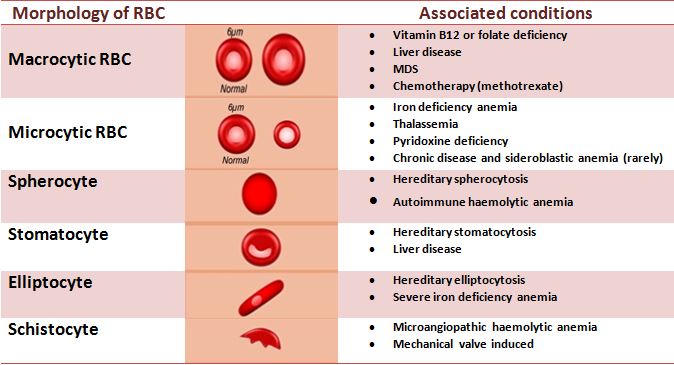
Obstetrician-gynecologist
antenatal clinic No. 14
Khivrich E.B.
Anemia during pregnancy
220045, Minsk, st. Semashko, 10
This email address is being protected from spambots. You must have JavaScript enabled to view.
Site version for the visually visible
Healthcare Institution
Minsk Clinical Consultative Diagnostic Center
Coll-Center (Registration)
| +375 17 311 10 19(10 lines) | |
| +375 17 355 94 50 (7 lines) | |
| +375 29 238 00 90 (mobile MTS 4 lines) | |
| +375 44 550 00 90 (mobile A1 4 lines) |
Apply online
Minsk Clinical Consultative and Diagnostic Center Book online Anemia refers to a decrease in the level of hemoglobin in the blood. During pregnancy, the amount of fluid in a woman's body increases, and hence the volume of circulating blood. Due to this, the blood "thinns" and the proportion of hemoglobin in its total volume falls. This is considered normal, and therefore the lower limit of the amount of hemoglobin during pregnancy is set at 110 g / l (at a rate of 120-140 g / l for a non-pregnant woman). But a further drop in hemoglobin levels is dangerous for the health and even the life of the expectant mother. Depending on the values of this indicator, anemia during pregnancy can be: The most common complications of anemia during pregnancy are: So anemia during pregnancy is by no means a harmless condition. It has serious consequences for both mother and fetus. During pregnancy, iron is consumed not only for the mother's hematopoiesis, but also for the needs of the fetus. This consumption increases especially actively at the 16–20th week, when the process of hematopoiesis in the fetus starts. By the end of pregnancy, iron stores are depleted in any woman and it takes 2-3 years to fully restore them. Other causes of anemia during pregnancy are: If we talk about the risk groups for developing anemia during pregnancy, then they can include women: with multiple pregnancies and multiple births; who had menstruation for more than 5 days before pregnancy; who had symptoms of anemia during a previous pregnancy; with gestosis; with chronic diseases of the gastrointestinal tract, liver, chronic infections; vegetarians. Considering that during pregnancy the need of a woman's body for a microelement increases by 15–33%, symptoms indicating hypoxia usually come to the fore: weakness, fatigue; sleep disturbance: during the day - drowsiness, at night - insomnia; headache; dizziness, tinnitus; dyspnea; heartbeat; fainting. The tolerance of anemia symptoms is individual: someone faints at relatively high hemoglobin values, someone refuses hospitalization with hemoglobin at a level of about 70 g / l, sincerely not understanding the severity of anemia and its danger during pregnancy. That is why a clinical blood test during pregnancy is mandatory and several times. The drop in the values of iron in the blood serum and serum ferritin is also important. A decrease in the amount of the latter to 12 μg / l indicates an iron deficiency, even if hemoglobin is still normal. Treatment of anemia while expecting a baby will include diet therapy. One of the foundations of both the prevention and treatment of anemia during pregnancy is proper nutrition. Nutrition for the prevention of anemia during pregnancy should contain a sufficient amount of the substances necessary for normal hematopoiesis - this is meat, fish. In these products, iron is initially divalent, so it is easily absorbed. But diet alone may not be enough even for prevention. Iron supplements are prescribed to treat anemia. Usually limited to means for oral administration (i.e., inside) - iron preparations in injections are recommended only in severe cases and only in a hospital setting. Both Russian and foreign experts note that the prevention of anemia in pregnant women is more effective than its treatment, and the higher the hemoglobin level, the easier it is to bring it back to normal. However, common sense says the same. Therefore, when planning a pregnancy, and even more so already expecting a child, it is better to prevent anemia without waiting until iron deficiency becomes noticeable. +375 17 355 94 50 (Horizontal) +375 29 238 00 90 (mobile MTS) +375 44 550 00 90 (mobile A1) You are here:
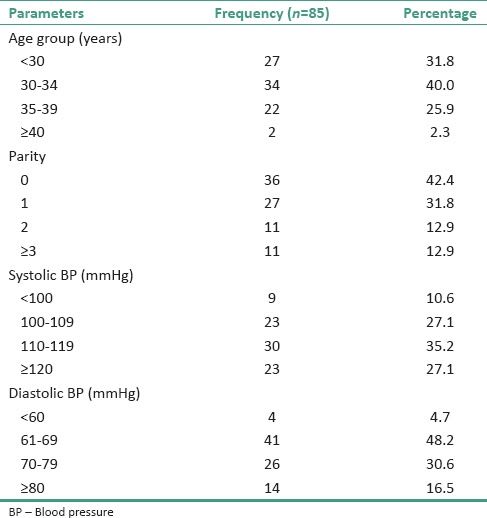
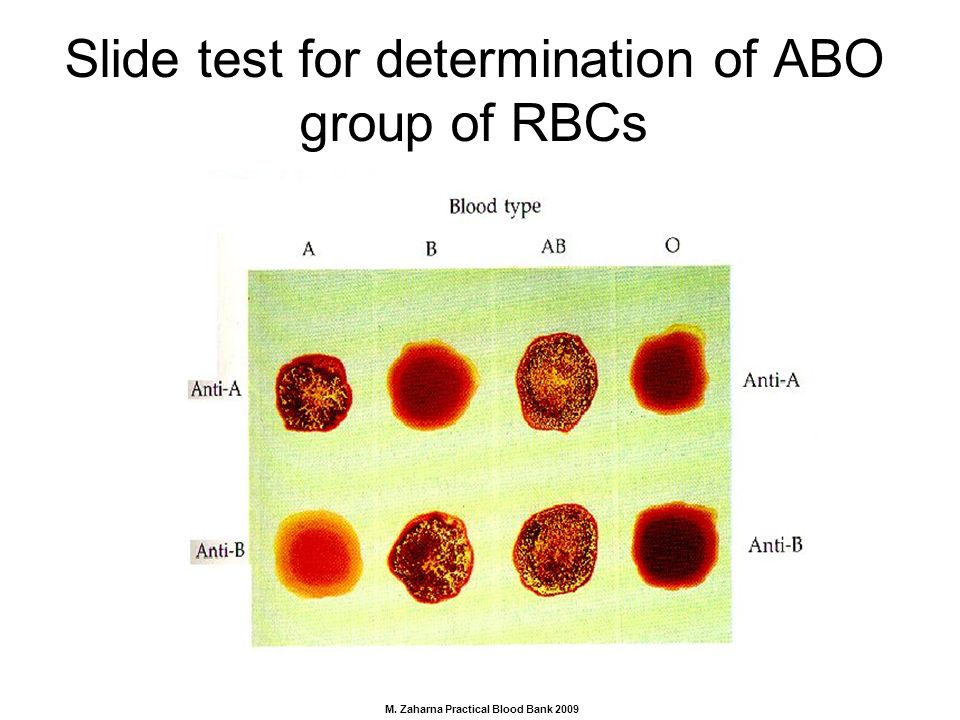
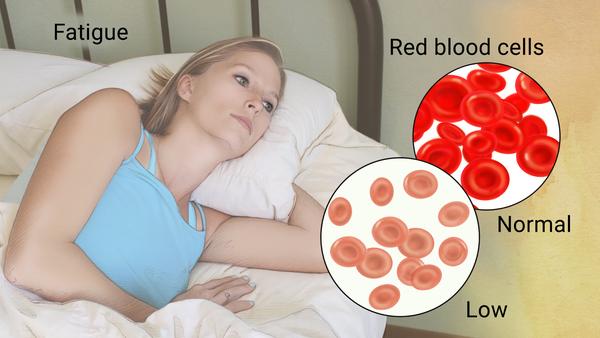 Everyone at risk should especially carefully monitor their condition and, if possible, take care of the prevention of anemia during pregnancy.
Everyone at risk should especially carefully monitor their condition and, if possible, take care of the prevention of anemia during pregnancy. 